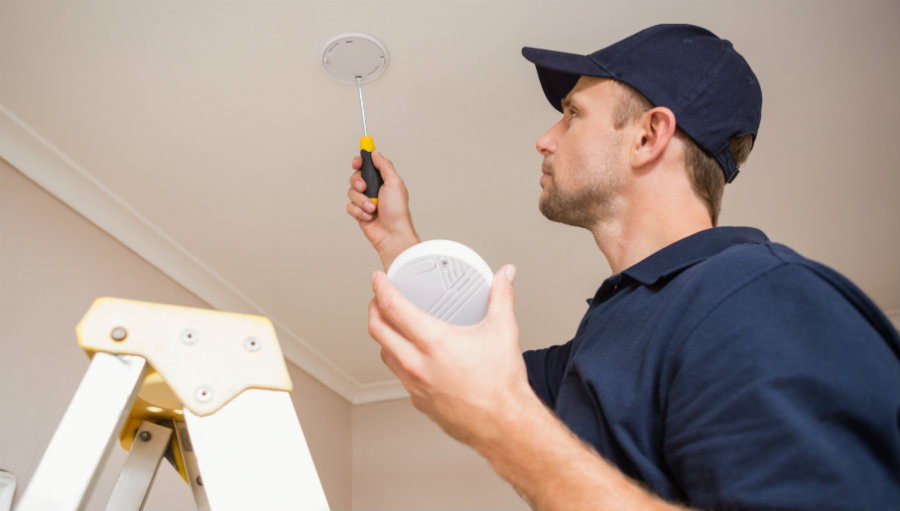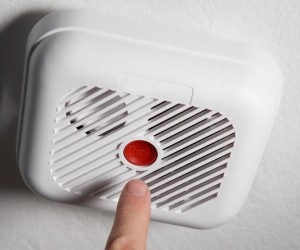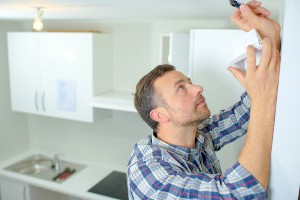
The time to think about fire prevention safety is always, but especially as the weather starts to cool down and the time to turn on your home heating equipment arrives. Whether you rely on a central heating unit, portable space heater, wood-burning stove, or gas fireplace, each poses a potential fire risk if not properly installed, maintained, and operated. Taking proactive fire safety measures can help protect your home, your loved ones, and your peace of mind.
Did you know … Nearly half of all home heating fires are reported during the months of December, January, and February—when heating equipment is used most intensively.
According to the National Fire Protection Association (NFPA), heating is the second leading cause of home fires and home fire injuries, and the third leading cause of home fire deaths. Use this checklist to help prevent fire hazards and keep your household safe:
 Make sure you have a working smoke alarm. Test them once a month and replace them every 10 years.
Make sure you have a working smoke alarm. Test them once a month and replace them every 10 years.For more fire prevention resources, visit the National Fire Protection Association’s website and explore their comprehensive safety tip sheets.
Smoke alarms are a critical component of fire safety, offering early warning and precious time to escape. The NFPA reports:
 Smoke alarms are a critical part of fire prevention and safety in the home, giving you an early warning so you and your family can get outside quickly.
Smoke alarms are a critical part of fire prevention and safety in the home, giving you an early warning so you and your family can get outside quickly.
Here’s how to maximize their effectiveness:
Be sure to install smoke alarms in every bedroom, outside each separate sleeping area, and on every level of your home—including the basement.
Don’t wait. Check the date. Replace outdated smoke alarms today.
No matter the fire safety precautions you put in place, there is always the potential of someone suffering a burn injury. First-degree burns can be extremely painful, and third-degree burns can be life-threatening. If you or a family member suffers a burn, whether from a fire or other hot appliances, seek medical attention immediately.
Have you suffered a serious burn or other injuries due to defective or malfunctioning heating equipment? Contact us at (877) 284-6600.
If your injury was caused by defective or malfunctioning heating equipment, you may be entitled to compensation. Contact our team at (877) 284-6600 for a free consultation.
When you’re seriously injured in an accident, you deserve an experienced personal injury lawyer who listens, investigates thoroughly, and fights for the compensation you’re owed. At Nash & Franciskato, we’ve helped countless accident victims recover damages for injuries caused by negligence.
Call us at (877) 284-6600 for a free, no-obligation case review. One of our experienced personal injury attorneys will speak with you personally and help you understand your legal options.
CONTACT US FOR A FREE REVIEW OF YOUR CASE
Want to stay up-to-date on fire safety tips, legal insights, and seasonal wellness advice? Subscribe to our email newsletter. We’ll send you helpful updates—no spam, just support.
SIGN UP NOW AND STAY CONNECTED
Past results afford no guarantee of future results and each case is different and is judged on its own merits. The choice of a lawyer is an important decision and should not be based solely upon advertisements.
Editor’s Note: This post was originally published on October 11, 2016. It was reviewed on September 5, 2022, updated for content and accuracy, and re-published on September 7, 2022. Last editing of the post was September 29, 2025.
Photo Credits: